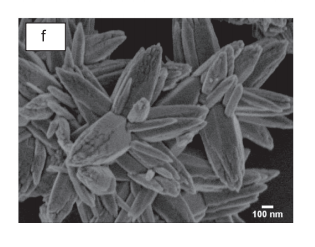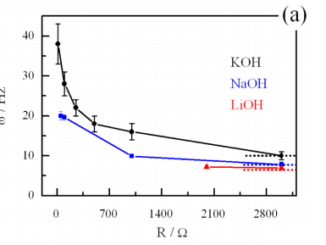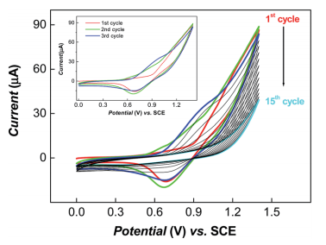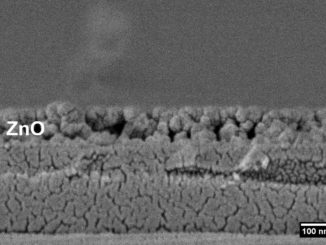
Effects of time exposure and low power sonochemical treatment on ZnO mesostructures
Abstract: A variety of technological applications related to oxide semiconductor-based devices has attracted great interest in the scientific community. Among these materials, zinc oxide (ZnO) has applications in several areas, from light-emitting diodes (LEDs), photovoltaic devices in solar cells and biomaterials. Furthermore, the possibility of application in technological devices highly depends on the synthesis routes employed. Within this context, we investigate the structural and morphological conformation of ZnO structures obtained by low power sonochemical treatment and the effects of time exposure on these mesostructures. To analyze such influences, two samples were prepared without sonochemical treatment with differences in the initial heat-treatment and gas-flux conditions. Another group of six samples was prepared with different time exposures (5, 15, 30, 60, 90 and 120 min) in a low power sonochemical treatment. All the prepared samples were characterized by the XRD associated to Rietveld refinement and SEM. The obtained results analyses indicated that sonochemical treatment was not a necessary condition to obtain highly ordered mesostructures, however, differences in time exposure led to structural and morphological modifications in the ZnO structures. Furthermore, it was observed that the use of vacuum assisted-thermal treatments promotes undesired second phase removal. (C) 2015 Elsevier Ltd. All rights reserved.
Author(s): Costa, BC; Morilla-Santos, C; Lisboa, PN
MATERIALS SCIENCE IN SEMICONDUCTOR PROCESSING
Volume: 35 Pages: 81-89 Published: JUL 2015
PDF: Effects of time exposure and low power sonochemical treatment on ZnO mesostructures
DOI: 10.1016/j.mssp.2015.02.058




